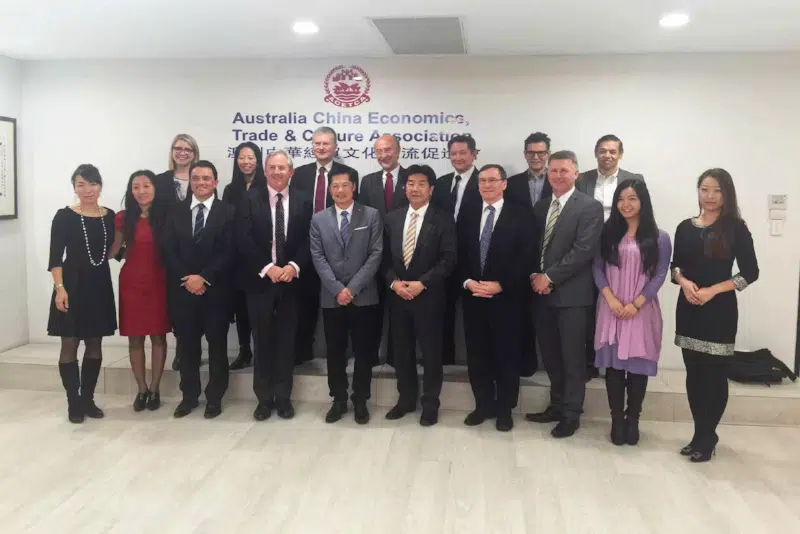
When I started work in London in the late 1970s, we all understood the meaning and significance of ‘hierarchy’. You could gauge the seniority of an executive by the cut of their suit, the make of their car, the size of their office and even the severity of the secretary who sat outside the door! You certainly didn’t address senior people by their first name and, if you were very lucky, you might be invited to have lunch with a client in one of the Director’s private dining rooms (which served alcohol, unlike the staff canteen which offered only water and a strange orange drink). We didn’t know it at the time but this was the end of what would later be described by the post-war generation as “the good old days”, before Margaret Thatcher set about unravelling and deregulating some of Britain’s most protected institutions and then Tony Blair embraced egalitarianism with “cool Britannia”.
Throughout the western world, scores of middle management positions have now been dismantled in the pursuit of profit and shareholder returns and most organisations and institutions now adopt a flat structure with open plan offices, hot desks, minimal reporting lines and even casual dress! My grandfather, who wore a tie on almost every day of his life (even doing the gardening after he retired) would be shocked by the informality of it all!
The same isn’t true in Asian culture, particularly in China, which has only recently begun its own industrial revolution and, in any case, with its long-held and deeply ingrained influences and beliefs emanating from Daoism and the teachings of Confucius, it will take more than a generation or two to dismantle the concept of ‘hierarchy’. Remember, China is modernising, not westernising!
I find it fascinating to observe the lengths that the Chinese will go to respect and give face to their elders, leaders and seniors. The fussing and detail that goes into the seating arrangements at meetings and dinners, the line up for photos, the gift-giving, the number and order of speeches, the decision-making process. It’s always important to observe these rituals and embrace them with the enthusiasm and respect they deserve. And, if you’re hoping to do a business deal, it will give you important clues as to how business gets done.
Some do’s and don’ts for foreigners trying to navigate the hierarchy in China:
- Wait to be told where to sit at a meeting or banquet remembering that the most senior person in the room will usually be the first to sit down at the head position (which could be the middle of the table in a meeting, or facing the door in a private room or restaurant) and the first to speak when everyone else is seated.
- The same with group photos. Don’t push yourself into the middle or make assumptions about where you should be positioned. Wait to be shown where to stand.
- Organise yourselves in the same way as the Chinese ie in order of seniority, from top to bottom, and attempt to mirror them at all times, especially when doing business. In other words, your most senior person only appears when their most senior person is in the room. And your middle ranking people deal with their middle ranking people. If necessary, co-opt Board members and junior staff to give you more scope to create a hierarchical structure
- At a dinner, always toast the most senior person in the room first (usually your host and seated at the head of the table facing the door) and then work your way around the table, starting with the person to the right of the host, and then the one to the left. The same with gift-giving.
- Always pay attention to names, titles and positions. The business card is the best clue to this so study it carefully. If in doubt, don’t be afraid to ask. The Chinese word for boss is “Lao ban”, a word they all understand!
- Wear the right clothes. If in doubt, dress up and wear a suit. It’s better to be over-dressed!
- Don’t make the common mistake of making friends with the person in the room who speaks the best English (often the interpreter or junior) as this will be seen as disrespectful by the senior decision-makers
- Let the boss talk first. Don’t interrupt. Observe how others react when he speaks and follow their lead.
- Don’t be too familiar. Address people by their surname (normally the first name on their business card), shake hands formally, stay at a respectful distance, avoid the temptation to put your arm around his shoulder or give her a kiss, certainly at the first meeting!
It’s actually not that difficult, and it certainly isn’t rocket science! Respecting your elders, being polite, dressing up and deferring to seniority is something that our parents were taught by their parents and, depending how old you are, might have been taught to you as well. You just need to pay more attention to the importance of Hierarchy when you do business in China!
Share

One Response